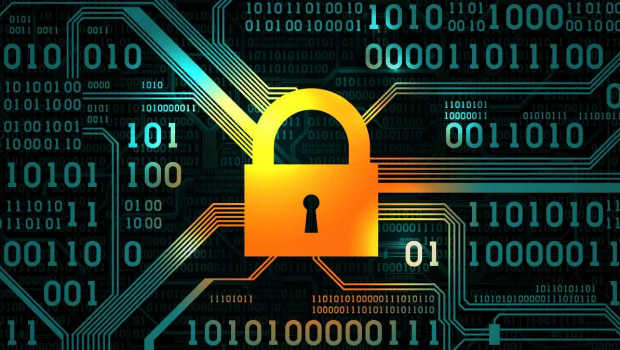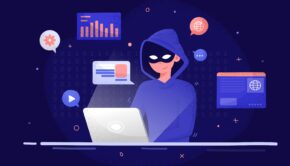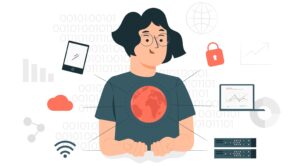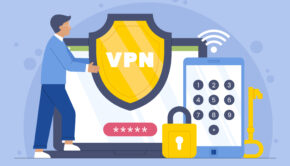Benefits of Virtual Private Network (VPN): Means to Security and Privacy of Your Data
Virtual Private Network or VPN is an important tool needed by every internet user. Internet users use Virtual Private Network in order to protect their privacy online and keep their activities confidential.
In simple words, VPN allows internet users to send and receive data through the internet, while maintaining the confidentiality and privacy of the data, depending upon the level of encryption.
Moreover, VPN can also help users to protect their data and privacy from being stalked by Internet Service Providers. Whether it be Cox, Xfinity, Frontier or Mediacom Internet, the risk of your data being stalked are lean.
If you have no idea, what Virtual Private Network could do, we are here to help you out. Let’s have a look at various benefits of using a VPN and how it can keep your data private and secure.
VPN Hides Your IP Address to Ensure Privacy
As soon as you connect to the internet, you are given a unique IP address that helps identify your mobile device or computer. Your online activities are all tracked through this unique address. No matter, what websites you visit or what searches you made, how many comments you post or what links you click, all of the activities are recorded and tracked.
One of the benefits of using Virtual Private Network (VPN) is that it cloaks your IP address to prevent tracking of your activities. It is done by redirecting you on the internet from a server in a different country or gateway city. With the ability to mask your IP address, your location, online activities, and identity remain private on the web.
Your Private Data is Protected Over public Wi-Fi
If you are using public Wi-Fi, be prepared for the drastic outcome. Even if the public Wi-Fi is encrypted with a password, it is still not secure. Hackers can easily access your data and can easily steal, read or intercept your data. Your data including chats, phone calls, logins and passwords, and emails are likely to be stolen.
If you don’t want to expose your data, make sure to use a VPN that makes a hidden tunnel for private data. The process is done by encoding your internal traffic inside enclosed data packets that lead to creating own private network over public Wi-Fi. With the help of Virtual Private Network, your data is nearly impossible to view by any hacker.
VPNs can Grant Access to Geo-Restricted Content
If you are traveling a lot, you might know the restriction of viewing content and websites due to a permanent ban in certain regions. For instance, if you want to access Hulu in a country that does not allow access to it, VPN can act as a spoof to your computer’s IP Address.
If you, for example, live in the United States, you can simply switch your VPN to obtain a United-Kingdom based IP address. It appears as you live physically in the United Kingdom and thus allowing you to watch your favorite content that was not accessible before.
VPNs can be connected to Any Hotspot or Network
One of the benefits of VPNs is that they are not dependent on any specific Wi-Fi connection or network to work. After you have successfully set up a VPN on your computer or device, you can use it without any limitations, whether it be an office network or home network. Moreover, VPNs can also connect to the Wi-Fi hotspots in public places. It helps you to achieve peace of mind by offering greater flexibility and security.
Conclusion
In the digital age, when data is vulnerable to attacks and leakage, Virtual Private Network (VPN) is the need of every internet user. Make sure to take full advantage of VPNs to secure and protect your data from being hacked.















